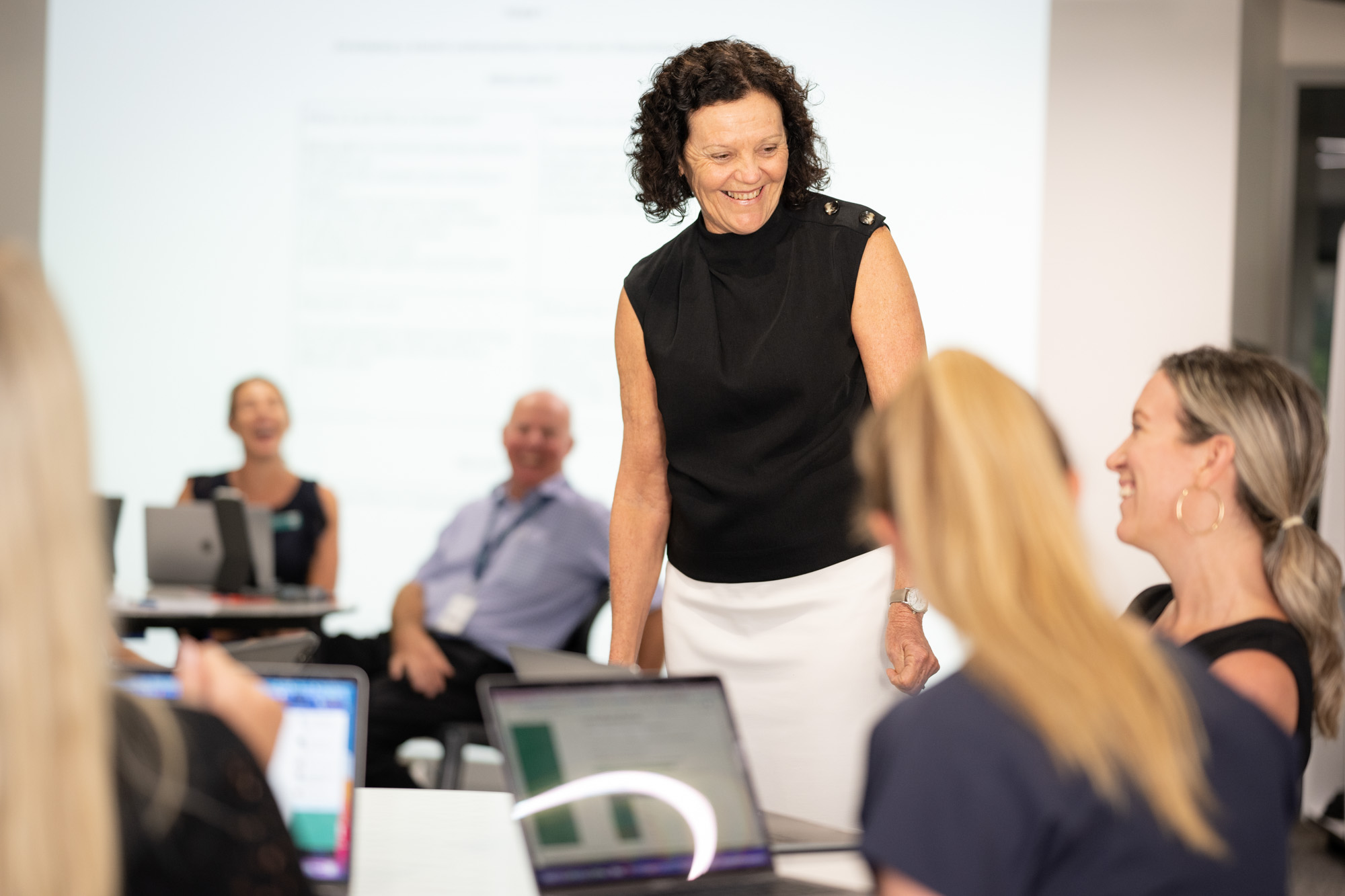Article by Mrs Debbie Planck, Head of Learning and Teaching, Primary
Matthew Flinders Anglican College
Is homework an essential component of rigorous learning? This question has been explored by numerous educators and researchers.
According to the evidence derived from Professor John Hattie, who has long researched performance indicators and evaluation in education, the overall effects of homework are positive. This outcome was the synthesis of over 800 meta-analyses relating to student achievement (Hattie, 2009). However, there are some important considerations, all of which we take into account when setting homework for our Primary students at Matthew Flinders Anglican College. Hattie’s evidence suggests that more task-oriented homework has a higher effect than deep learning and problem-solving homework, and that an effective homework approach is for students to rehearse basic skills (surface learning), which also requires minimal supervision.
The research on the positive impacts of homework is also supported by the Education Endowment Fund (EEF, 2019), an organisation dedicated to generating new evidence of ‘what works’ to improve teaching and learning. The EEF also reports the average impact of homework as positive. Their summary of education evidence on the impacts of homework states that “the quality of the task set appears to be more important than the quantity of work required from the pupil”.
As well, evidence suggests that how homework relates to learning during school time is important. In the most effective examples, homework was an integral part of learning, rather than an add-on. There is also evidence from studies that incorporating the use of digital technology typically has a greater impact on student learning.
Encourage spaced practice to build long-term memory
At Flinders, we recognise that homework forms an essential component of the learning process. Through explicit teaching in the classroom, students are supported to acquire knowledge and skills at a surface level. Then, to consolidate this surface learning and enhance mastery as well as fluency, students are encouraged to deliberately practise specific knowledge and skills. Often referred to as ‘spaced practice’, this approach involves students being better able to commit the desired knowledge and skills to long-term memory through practising in shorter sessions over a longer period of time, such as through set homework tasks.
Develop automaticity for reading fluency and to master numeracy
Deliberate focused practice, with plenty of repetition, helps students achieve automaticity, which is the ability to perform skilled tasks quickly and effortlessly without occupying the mind with the low-level details required to do it. An example of this is reading fluency.
“Fluency is dependent upon the ability to decode the text (including phonemic awareness, phonics and vocabulary abilities), and fluent readers work with meaningful units such as phrases and clauses as they read. Readers become more fluent when they can quickly and accurately decode the text with ease." - Department of Education and Training Victoria 2021
In the early years of schooling, students learn the 44 phonemes (sounds) of the English language and the different ways each phoneme can be represented as a grapheme (letters). They also learn a number of high frequency sight words (camera words) which are essential to help students progress the quality of their writing and move onto reading full sentences.
At Flinders, students acquire this knowledge during explicit literacy lessons each day and, whilst there are opportunities to support this learning in the classroom, consolidation is enhanced through spaced practice as homework. When students repeatedly practice and use the skills and knowledge associated with learning to read, they are able to move these skills and knowledge to long-term memory and develop automaticity as they retrieve them with ease. Students with weaker letter-sound associations and weaker phonemic awareness generally achieve less success as a reader.
The same can be said about learning number facts. To develop deep conceptual understanding of the four operations (addition, subtraction, multiplication and division), Mathematics is learnt through the pedagogical approach of concrete, pictorial and abstract. Students also learn the relationships between structuring numbers and their associated fact families.
At Flinders, it is essential that our students have a quick recall of these number facts when working with algorithms and problems. A student who is focused on working out or recalling a number fact, cannot access the part of their brain to consider what steps need to be undertaken to solve the problem. Automaticity of number facts frees up the working memory to focus on the task. Reaching automaticity with number facts is an effective homework task supported through repeated practice of the four operations.
Our students also benefit from using digital resources such as XtraMath and IXL for numeracy and Phonics Hero in Prep-Year 2, which deliver targeted practice based on need as well as feedback to inform progress and next steps.
Taking into account the above research, it is clear that rehearsal strategies that use repeated practice to permanently store information, as well as retrieval practice, which is the effortless recalling of information from long-term memory, help to boost learning. These practices are effective homework strategies in our Flinders Primary School, helping to reinforce and build on classroom-based learning and, consequently, are valuable and crucial components of rigorous learning for our young and growing learners.

References:
Hattie, J.A.C (2009) Visible Learning: A synthesis of over 800 meta-analyses relating to achievement. London: Routledge
Department of Education and Training 2021, Department Education and Training website, Victorian government, accessed 12 August 2022, https://www.education.vic.gov.au/
Education Endowment Foundation, 2019, https://educationendowmentfoundation.org.uk/education-evidence/teaching-learning-toolkit/homework

